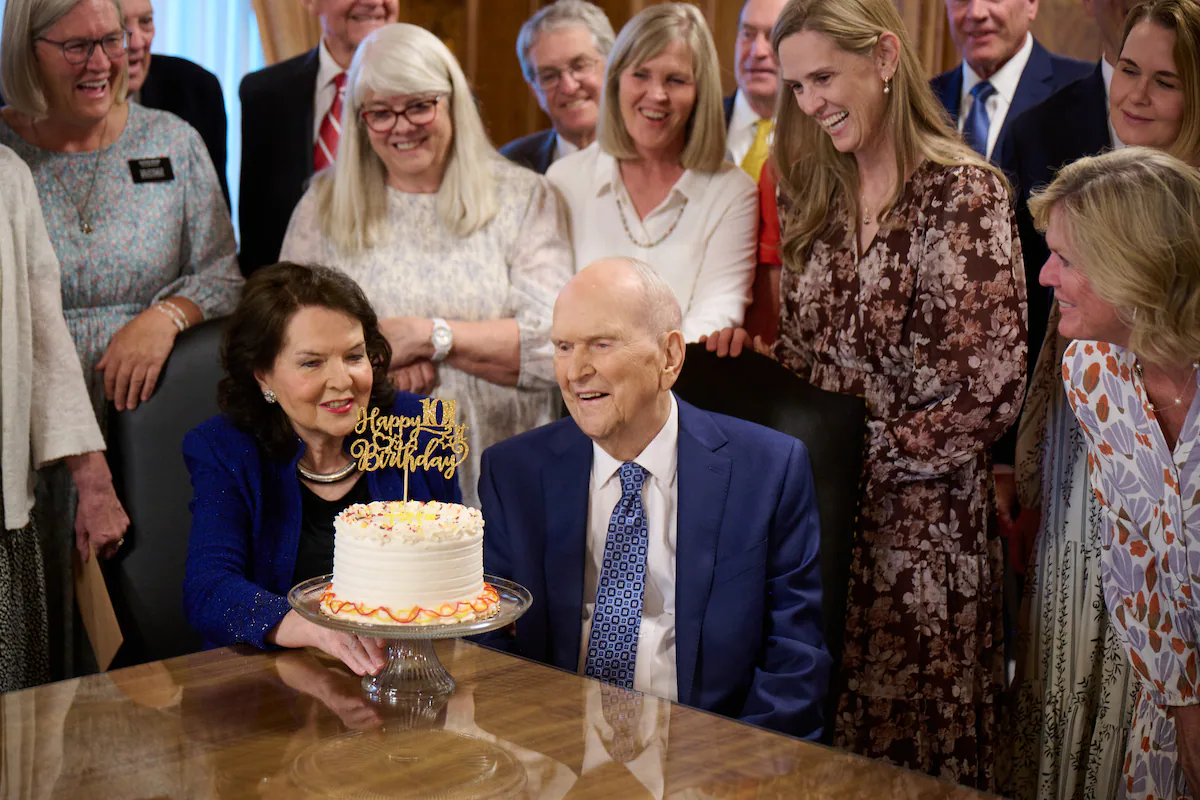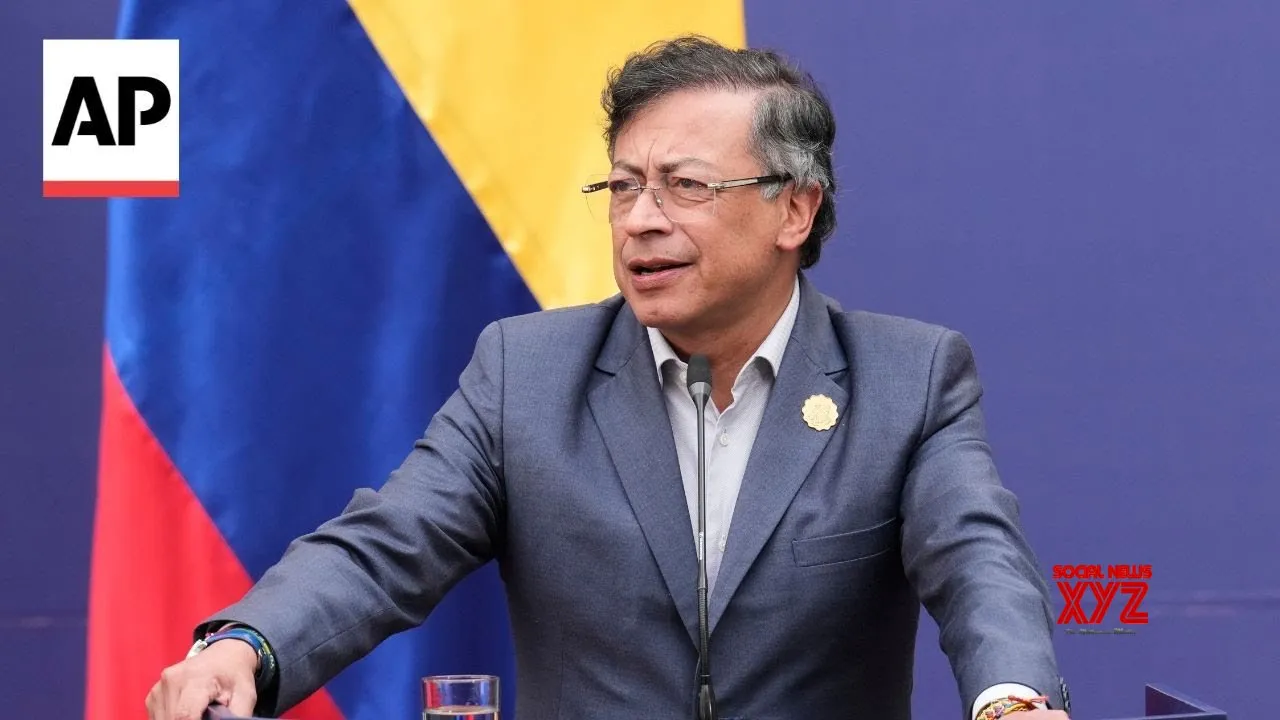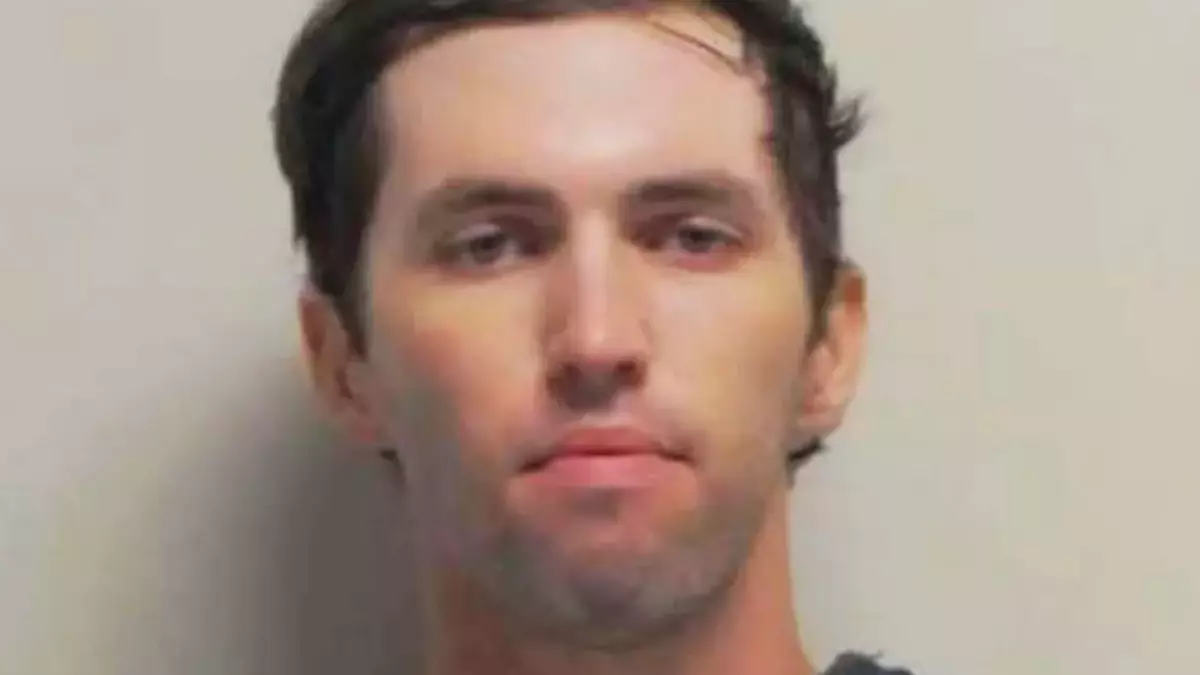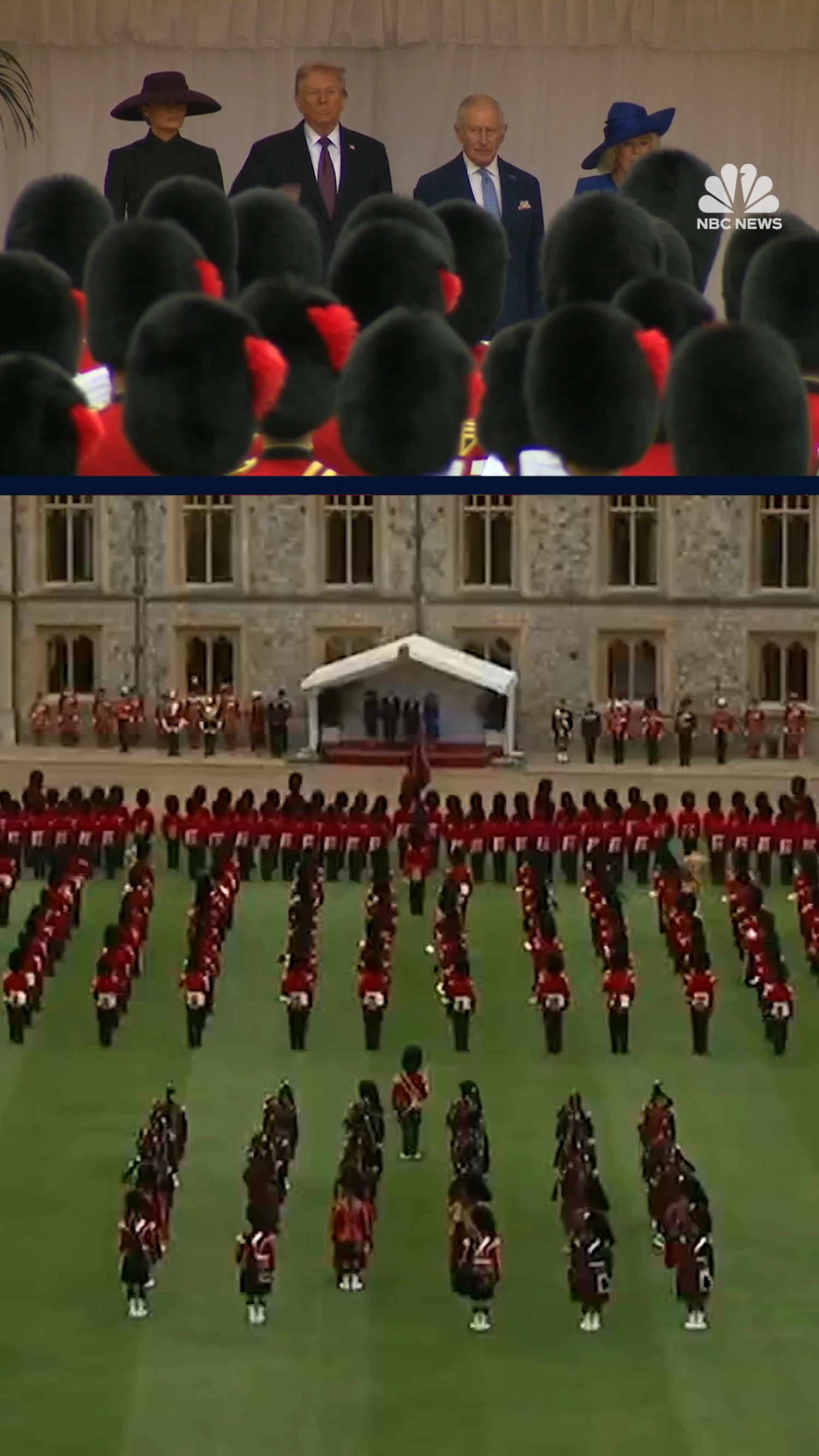By Khadijat Lawal
Copyright channelstv
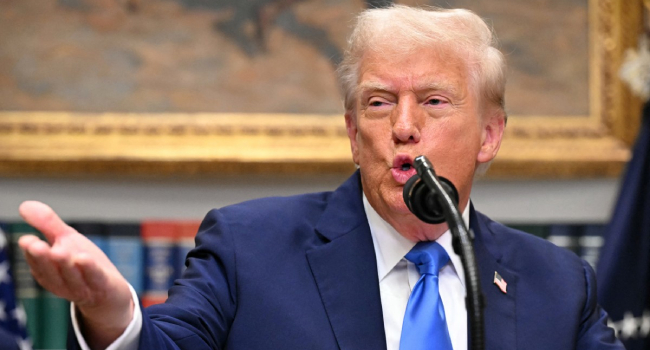
From the unproven medical claims to the self-proclaimed expertise, anyone watching Donald Trump’s autism announcements Tuesday could have been forgiven for having flashbacks.
There were strong echoes of the US president’s pandemic performance during his first term, when he once famously mused about injecting disinfectant to counter Covid.
Five years later, the Republican’s claims were almost as eye-popping.
READ ALSO: H-1B Workers Abroad Race To US As Trump Order Sparks Panic
And with the health of millions at stake as he urged pregnant women not to take the painkiller Tylenol — before expounding his theories on vaccines — the stakes were just as high.
“There’s a rumor — and I don’t know if it’s so or not — that Cuba, they don’t have Tylenol because they don’t have the money for Tylenol. And they have virtually no autism,” Trump said at the White House.
It was perhaps the most outrageous of the claims Trump made during a more than hour-long press conference attended by an AFP reporter — but it was far from the last.
“The Amish, as an example. They have essentially no autism,” Trump said of the traditionalist people, known for their horse-drawn carts and rejection of modern technology.
Turning to his vaccine-skeptic Health Secretary Robert F. Kennedy Jr, as he asked whether that was actually true, Trump added: “Bobby wants to be very careful with what he says. I’m not so careful with what I say.”
Time and again the 79-year-old Trump admitted that his personal theories were just that — theories — even as he cast himself in the role of America’s physician-in-chief.
“This is based on what I feel,” said Trump as he repeated long debunked concerns over the MMR shot combining vaccines for measles, mumps and rubella.
Trump also urged further spacing for childhood vaccines that have been the cornerstone of public health programs around the world for decades — before adding: “I’m not a doctor but I’m giving my opinion.”
‘Tough it out’
The billionaire former reality TV star has long made his name challenging the conventional wisdom on politics and diplomacy, and it has won him two elections.
But it is on health where his views have often veered furthest from the mainstream.
During the Covid pandemic Trump repeatedly resisted lockdowns and masking measures, while throwing his weight behind unproven drugs like hydroxychloroquine.
He was widely mocked when, during one of his many freewheeling White House briefings on Covid in 2020, he gave some increasingly bizarre suggestions about how to treat the disease.
Trump mused about bringing “light inside the body” — and disinfectant.
“I see the disinfectant, it knocks it out in a minute… is there a way we can do something like that by injection inside,” he asked a bemused expert.
During his second term, Trump’s pick of Kennedy as his health secretary has brought once fringe medical ideas into the heart of the government.
Trump himself says he has long been preoccupied with autism, and showed supreme confidence in his views on Monday — even as he struggled to pronounce “acetaminophen,” or paracetamol, the active ingredient in Tylenol.
“Don’t take it,” Trump said repeatedly.
He urged pregnant women in pain to avoid the drug and “tough it out,” but had few answers for what they should do for fevers that could harm them or their babies.
Veering off on the subject of vaccines, Trump also had his own theories.
He insisted that children should not be vaccinated against Hepatitis B until the age of 12, versus soon after birth, saying: “Hepatitis B is sexually transmitted. There’s no reason to give a baby that’s almost just born hepatitis B.”
Trump added that children were being loaded up with “too much liquid” while being innoculated against potentially fatal diseases — repeating a frequent anti-vaccine talking point.
“They pump so much stuff into those beautiful little babies, it’s a disgrace,” he said. “It looks like they’re pumping into a horse.”
